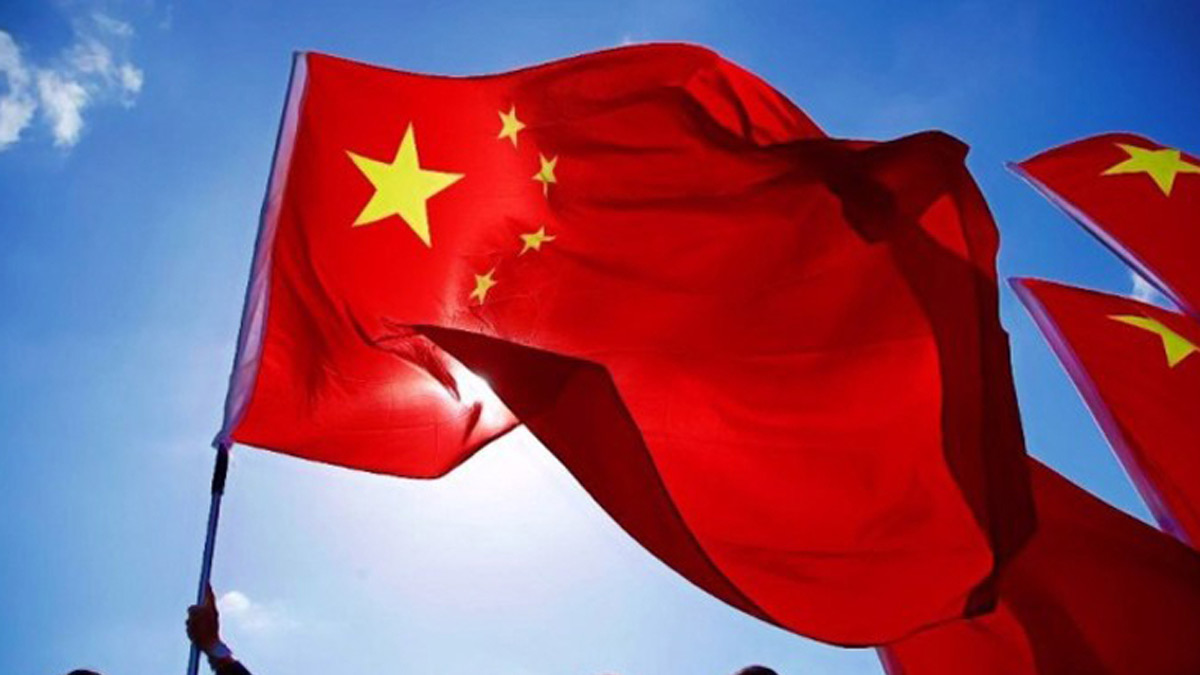Taiwan’s navy commander, Admiral Tang Hua, has recently raised alarms about China’s increasing military presence around Taiwan, referring to China’s approach as an ‘anaconda strategy.’ This strategy is designed to slowly suffocate Taiwan’s defenses and economy, similar to how an anaconda coils around and constricts its prey.
Admiral Tang’s Warning
In an interview with The Economist, Admiral Tang emphasized that China’s People’s Liberation Army (PLA) is strategically positioning itself to potentially blockade Taiwan at any moment. He mentioned that China’s military operations are gradually intensifying, posing an imminent threat to the island nation. Tang stated, “They are ready to blockade Taiwan at any time they want.”
Historical Reference: The Anaconda Plan
The term ‘Anaconda Plan’ originates from a military strategy devised by Union General Winfield Scott during the American Civil War. Scott’s plan aimed to strangle the Confederacy through a naval blockade, control of the Mississippi River, and strategic attacks. Similarly, China’s ‘anaconda strategy’ targets Taiwan through military pressure, psychological tactics, and cyber warfare, without engaging in a direct invasion.
China’s ‘Anaconda Strategy’ Against Taiwan
China’s ‘anaconda strategy’ involves a multi-faceted approach to weaken Taiwan. This includes military exercises, cyber warfare, psychological pressure, and destabilization efforts. According to June Teufel Dreyer, a political science professor at the University of Miami, China has been employing diplomatic, economic, and military tactics to destabilize Taiwan from within.
Rising Military Presence
China has been encircling Taiwan by air and sea, increasing air incursions and deploying more naval vessels around the island. As of August, the number of Chinese ships in the area grew from 142 at the beginning of the year to 282. Similarly, air incursions in the Taiwan Strait increased from 36 in January to 193 in September. Admiral Tang explained that this constant pressure is aimed at exhausting Taiwan’s military resources.
Psychological Warfare and Taiwan’s Restraint
Admiral Tang believes that China’s aim is to force Taiwan into making mistakes. By maintaining constant pressure, China seeks an opportunity to justify a blockade. Despite these provocations, Taiwan’s military remains focused on avoiding confrontation. “We restrain our guys not to provoke or escalate,” Tang noted, underscoring Taiwan’s cautious approach.
Multiple-Choice Questions (MCQs):
- What does the term ‘anaconda strategy’ refer to in the context of Taiwan?
- a) A strategy for Taiwan to defend itself
- b) A military and psychological tactic used by China to weaken Taiwan
- c) A trade deal between Taiwan and China
- d) A peace negotiation strategy between Taiwan and China
Answer: b) A military and psychological tactic used by China to weaken Taiwan
- Who proposed the original ‘Anaconda Plan’ in history?
- a) Admiral Tang Hua
- b) June Teufel Dreyer
- c) General Winfield Scott
- d) General Robert E. Lee
Answer: c) General Winfield Scott
- What is the primary goal of China’s ‘anaconda strategy’ against Taiwan?
- a) Full-scale invasion of Taiwan
- b) Diplomatic negotiations for peace
- c) Forcing Taiwan into submission without direct conflict
- d) Economic sanctions on Taiwan
Answer: c) Forcing Taiwan into submission without direct conflict
- According to Admiral Tang, how has China increased its military presence around Taiwan?
- a) By reducing naval activity
- b) By increasing the number of air incursions and naval vessels around Taiwan
- c) By initiating trade deals
- d) By sending peace missions
Answer: b) By increasing the number of air incursions and naval vessels around Taiwan
- How is Taiwan responding to China’s ‘anaconda strategy’?
- a) By escalating military confrontations
- b) By restraining its forces from provoking or escalating conflicts
- c) By launching counterattacks
- d) By seeking external military alliances
Answer: b) By restraining its forces from provoking or escalating conflicts
